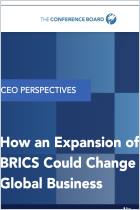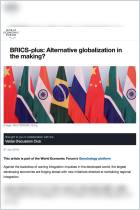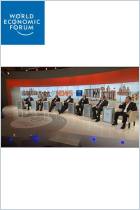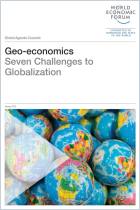
Recommendation
In January 2024, the BRICS alliance – Brazil, Russia, India, China and South Africa – welcomes Argentina, Egypt, Ethiopia, Iran, Saudi Arabia and the United Arab Emirates into its fold. These additions expand the geographical, economic and political footprint of the coalition. In this informative episode of the Conference Board’s CEO Perspectives podcast, economists Steve Odland, Lori Esposito Murray and Dana Peterson discuss the evolution of the BRICS and the significant impacts the new formation will have on trade, energy and finance.
Summary
About the Podcast
Steve Odland is the president and CEO of The Conference Board, Inc., where Dana Peterson is chief economist and Lori Esposito Murray is president of the Committee for Economic Development.




















Comment on this summary or Démarrer une discussion